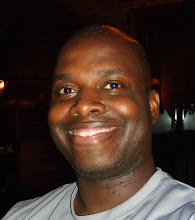Act. Focus on productive relationships that support your activity rather than feed your anxiety. Often, you are your most vocal source of anxiety. You have so much to do. That is what you tell yourself. I challenge you to test everything--even your messages to yourself. Set a number for the things you must accomplish. Make a list of the things you have to do. It is often not as dire as you first insist. Some items are not due until next week or next month. Small contributions over time will result in task completion. The list is often not as long as your level of anxiety would suggest. Rather than continually stating that you are busy, become busy. Become active.
It is important that you begin to see time as an opportunity to build something substantial. Time, like other supposed enemies, has utility. Order your action. Set time deadlines for yourself. Do the hard things first. Do the simples things next. It is not cheating to do the things that you like and get them done even out of order. Draft out long projects in advance of the due date. Stop. Reflect after a day or two. Then, finish them. In the face of action, fear gives way to confidence.
It is true that you cannot be him. You cannot look like her. His talents are not yours. Her gift is not yours. At this moment, she may be "smarter" than you. Attempting to deny these truths will only result in frustration. Faking it will not lead to making it. Be you…the best you that you know. And, seek to learn more about you and your expertise. You do not have to know everything. You are only responsible for your expertise.

